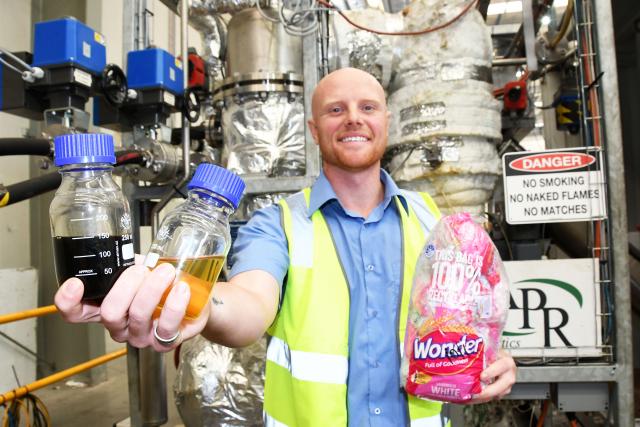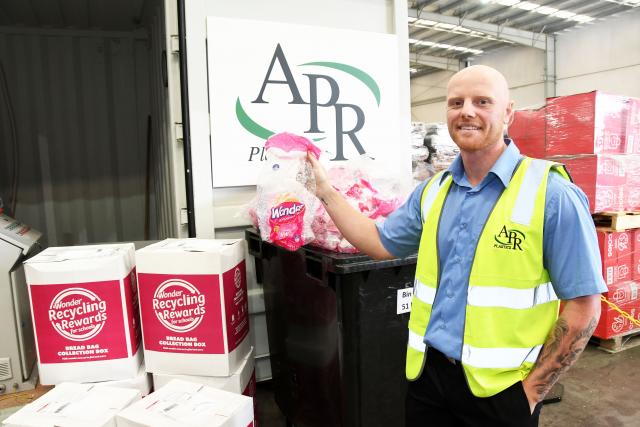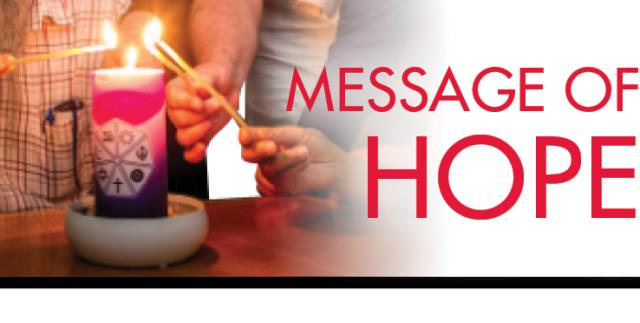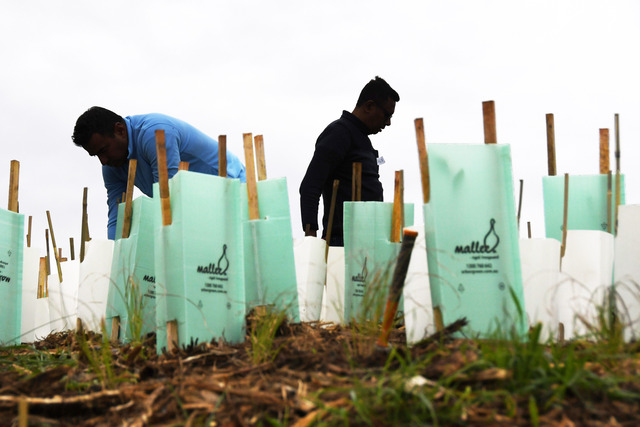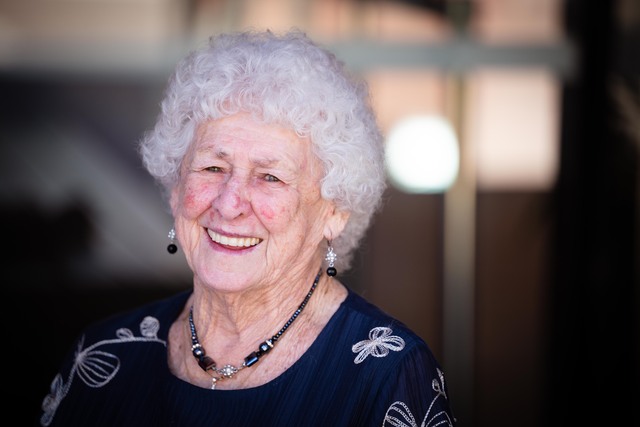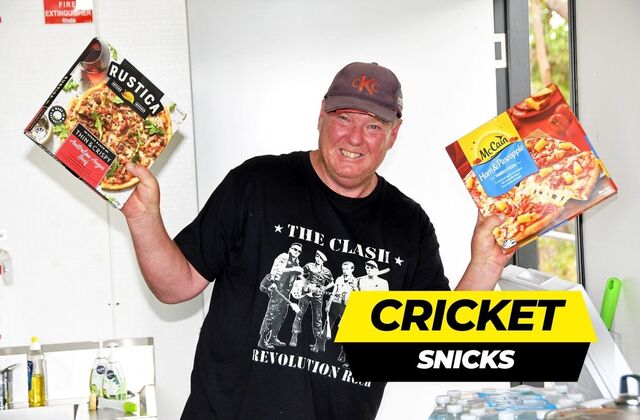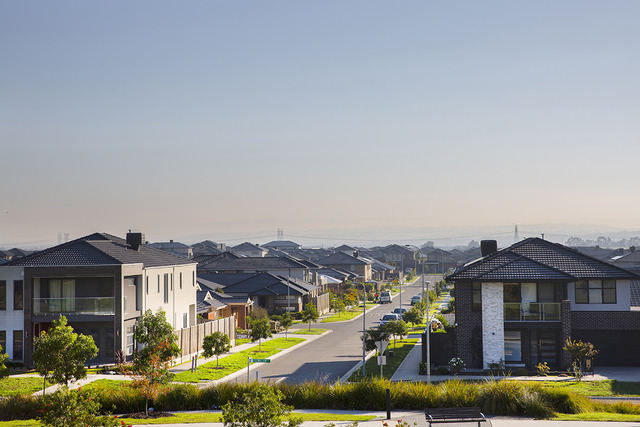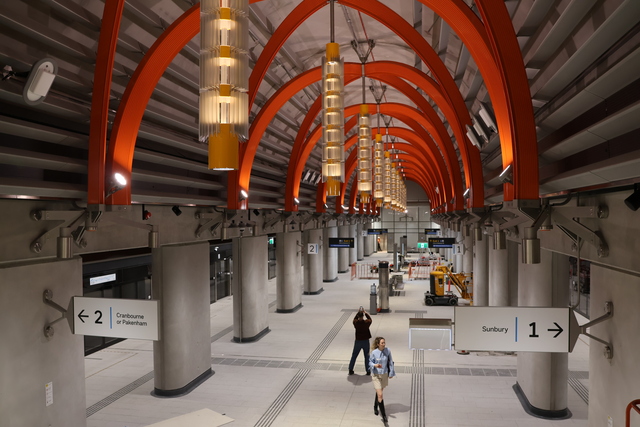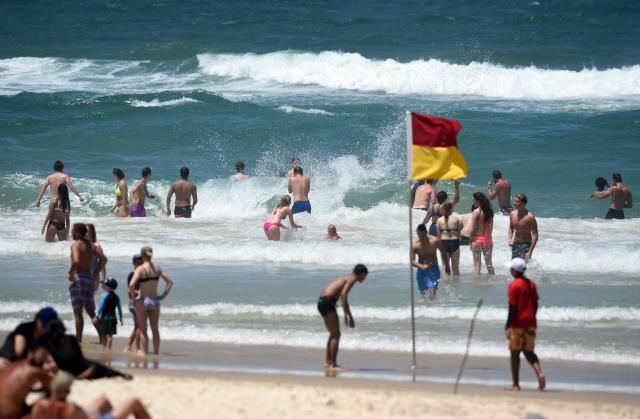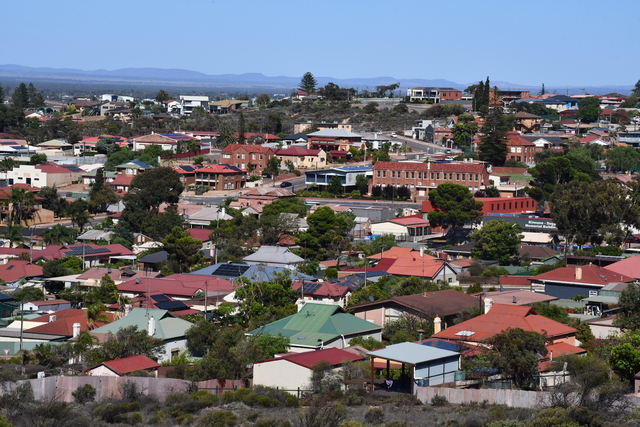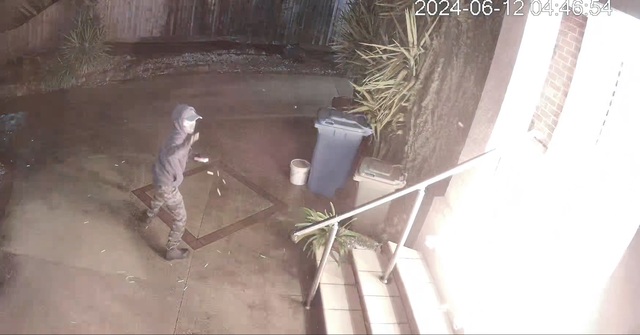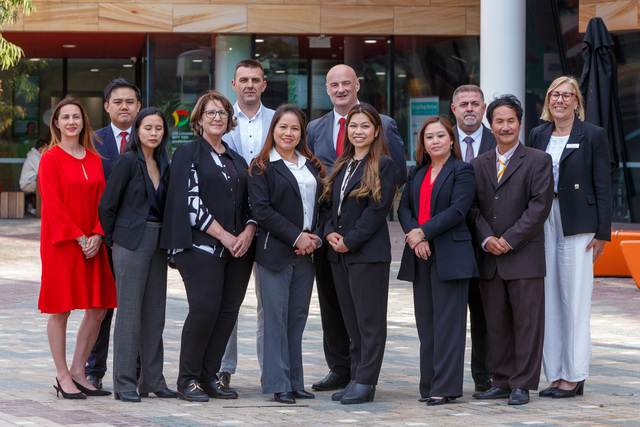APR Plastics is doing not just Dandenong but all of Australia a favour by creating new life out of plastics that would otherwise be buried in our soil.
In collaboration with the Wonder Recycling Rewards Program, APR’s pilot program has diverted 2500 kilograms from landfill.
Six schools in Dandenong, 542 Victorian schools and overall 1700 schools and day care have collected Wonder bread bags and plastics for recycling in exchange of rewards.
APR advanced pyrolysis executive Logan Thorpe said the advanced recycling method involves Biofabrik WASTX technology that does all the work.
Plastic is fed to the shredder, it’s blown and dried in the storage unit and broken down into oil or gas, liquid and solid.
The oil is sent to the refinery and comes out as a brand new bread bag and in the process there is no waste whatsoever.
The contaminants from the plastic become carbon ash or carbon black which can be used for either paints, tyres or asphalt.
“Those plastics are currently going into the landfill by not having a process like this in place,” Mr Thorpe said.
“It’s important to get a project like this moving and be successful so you can stop useful resources as soft plastics from going to landfill.”
Although it’s a “necessary solution” for these plastics it’s challenging and expensive which is why APR is the only ones actively and successfully using the pyrolysis method in Australia.
“That’s exciting from our point of view. Having the ability to do this opens a lot of doors in terms of innovation.”
However, capital expenditure and collaboration remains two of the biggest hurdles.
Currently, APR processes seven to five tonnes of plastics which is“not enough” to divert the 400,000 tonnes available in the Australian market.
Mr Thorpe said in order to increase the numbers they’ll need the government on board as well as participation for everyone to collect tonnes of plastics.
“To be ambitious like that we need to make investments and improvements into technologies like these and they’ll take us to where we need to go.”
He said communities can play their part in the Wonder program.
“Being part of the Wonder program is a great step forward to be able to create participation, a fun exciting way to recycle these plastics and get them into a process like this.”
Across Australia 29 per cent primary schools have registered to the program with estimation that the program will reach 714,000 school kids and 1.43 million parents across Australia.
“We’re providing a solution that minimises waste in landfill as well as provide a better carbon foot print because we’re reducing the amount of fossil fuel required,” Mr Thorpe said.
“This is an infinite process.”

